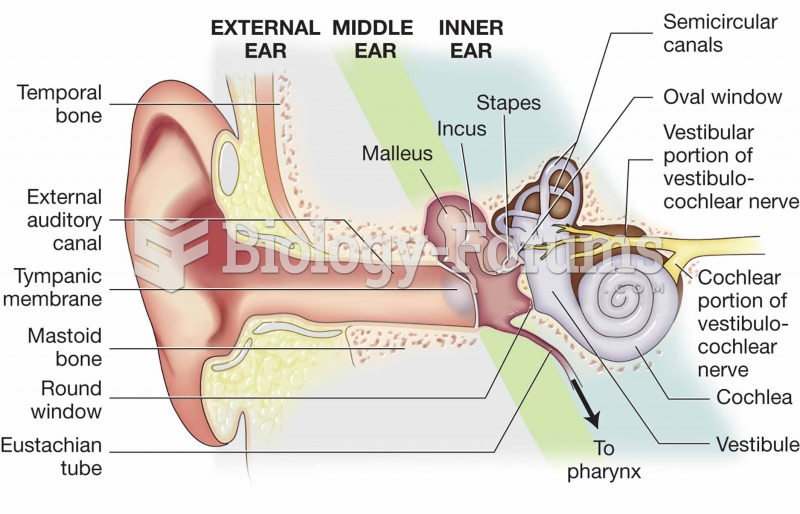Answer to Question 1
Correct Answer: 1
Rationale 1: Foreseeability is the link between the nurse's act and the injury suffered. The call light was within reach, but the client did not use it and got out of bed unassisted. Nighttime confusion occurs with some clients but unless the nurse had knowledge or awareness that this would happen, there was no link between the nurse's action and the client's fall.
Rationale 2: Damages may well be present, but these probably are not due to any action or inaction on the nurse's part.
Rationale 3: Injury may well be present, but these probably are not due to any action or inaction on the nurse's part.
Rationale 4: Duty was addressed this case since the call light was within reach.
Answer to Question 2
Correct Answer: 4
Rationale 1: The nurse cannot interfere with a woman's right to privacy includes control over her own body to the extent that she can abort her fetus.
Rationale 2: The conscience clause states that nurses, as well as other health care personnel, have a right to refuse to participate in abortions.
Rationale 3: Counseling a woman prior to an abortion would not be an appropriate action since the nurse has chosen to work in a hospital where these procedures are done.
Rationale 4: In Roe v. Wade and Doe v. Bolton, the Supreme Court upheld that a woman's right to privacy includes control over her own body to the extent that she can abort her fetus. Although the nurse cannot interfere with this, the conscience clause states that nurses, as well as other health care personnel, have a right to refuse to participate in abortions and hospitals have the right to deny admission to abortion clients.







